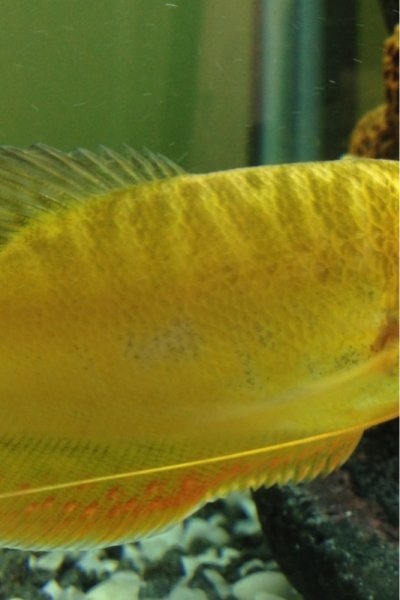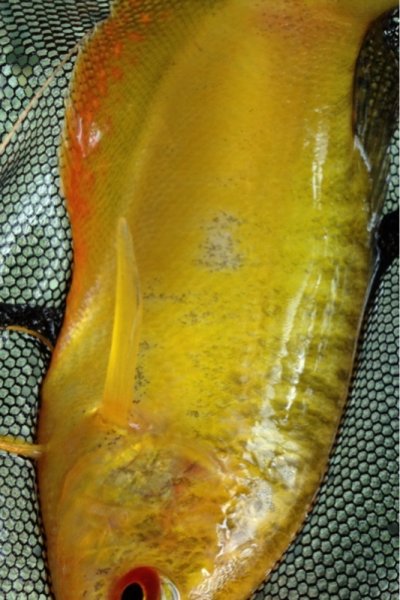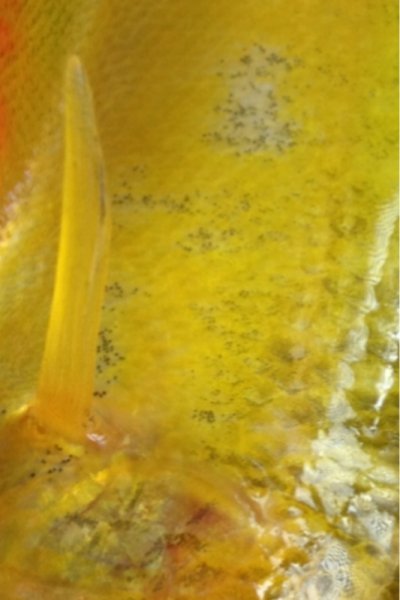This has me really curious so I did alittle reading and this is the only thing that even mentioned "black dots".... don't know if this is it but it's kind of interesting.
Digeneans are endoparasitic flukes. They have two suckers, one at each end. They have an indirect life cycle, with fish acting as both intermediate hosts (carrying metacercaria larvae) and final hosts. Adult digeneans are usually found in the gastrointestinal tract, the larvae (which may be encysted) can be found throughout the body and cause problems if they invade such organs as the eyes (as does Diplostomum) or heart, in high numbers. The larval stages of digenetic fluke parasites (Clinostomum, Posthodiplostomum and Diplostomum) cause black spot in aquarium fish. Praziquantel is the treatment of choice. As a bath, for 3-6 hours, it is dosed at 5-10 mg/L, repeated for three doses, with a 30-70% water change between dosing. Praziquantel may also be dosed in the feed, at 5 mg/kg of fish, or it may be injected intraperitoneally or intramuscularly, dosed at 5 mg/kg (exoticpetvet.net internet info)



